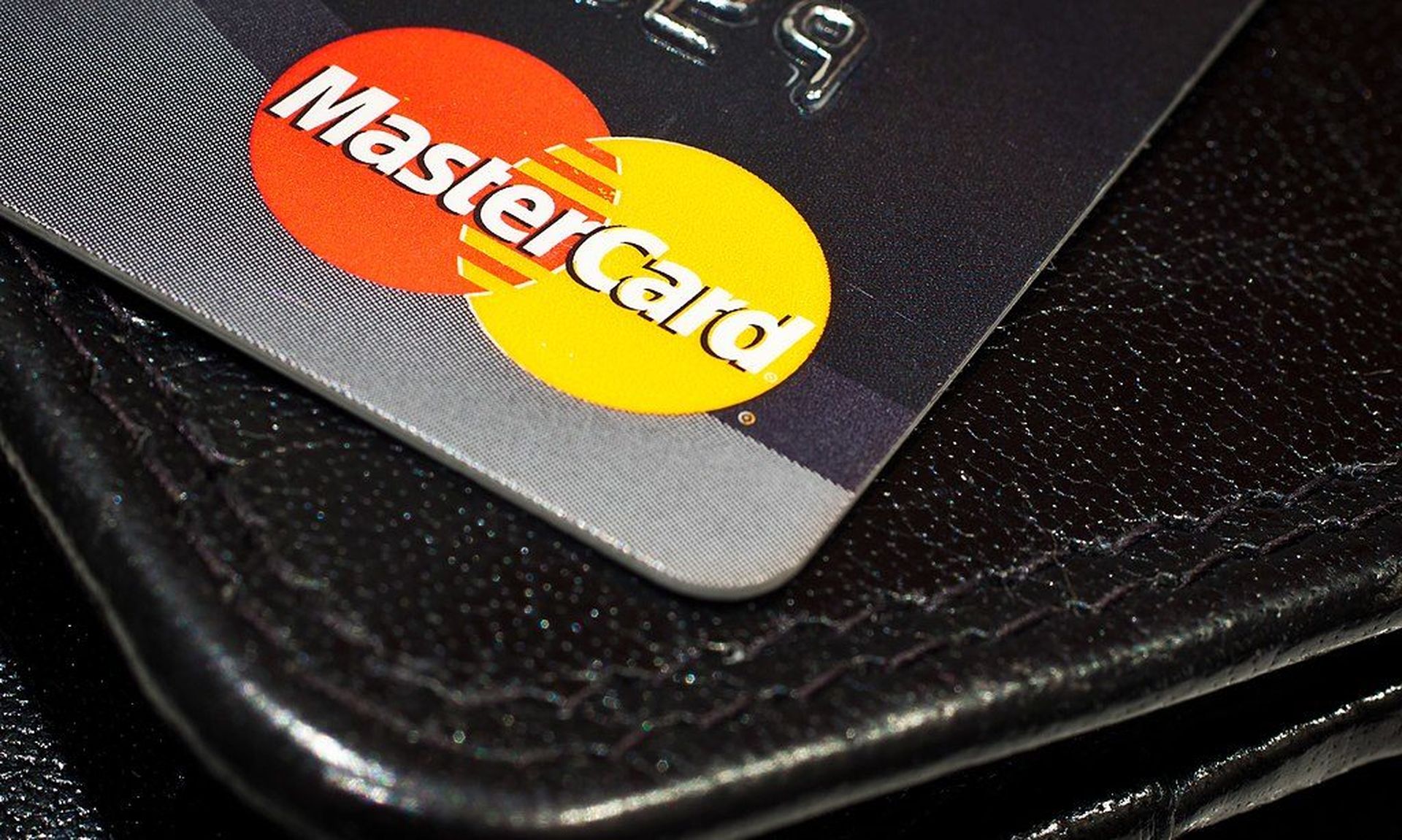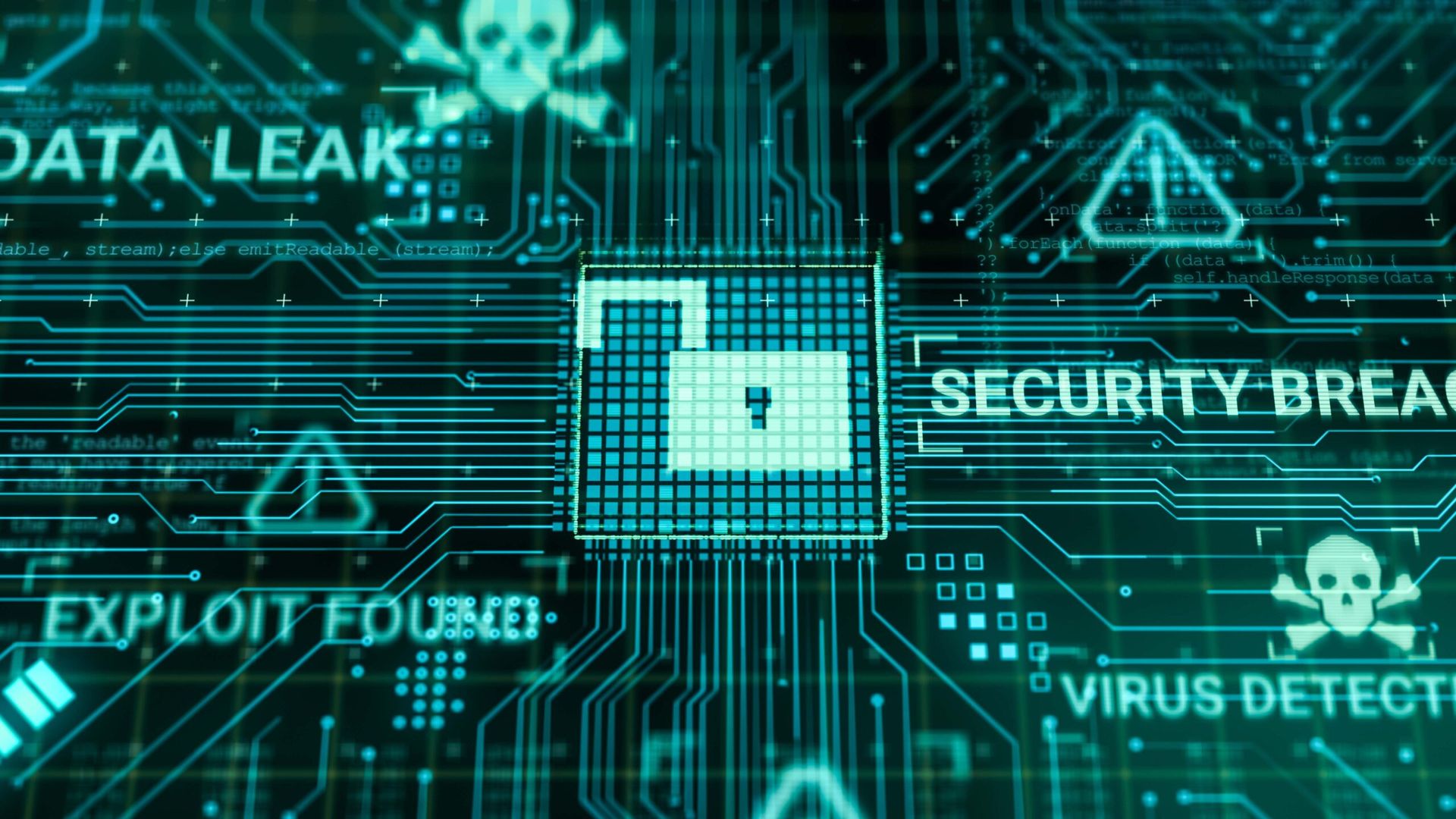Spanish novelist Miguel De Cervantes said, “To be prepared is half the victory.”
Instead of tilting at windmills like Cervantes’s own Don Quixote, Mastercard’s financial industry customers will have a better opportunity to test and build their real-world cyber-defense skills through the card brand’s newly launched "attack simulation and assessment platform," Cyber Front. This new facet of Mastercard’s existing Cybersecurity & Risk consulting practice emerged largely as a result of the Purchase, New York, company’s "strategic minority investment" in Picus Security, announced last week.
“We’re helping customers embrace the opportunities — and challenges — of digital transformation. Given the rising cost of data breaches, effective cybersecurity is tops on that list,” Raj Seshadri, president of data & services at Mastercard, said in a prepared release. “Organizations not only need robust defenses today, they need to be testing, learning and adapting to remain resilient tomorrow.”
“Our investment in Picus Security and the launch of Cyber Front will enable swifter, smarter cybersecurity decisions with better outcomes for our customers, their employees and, ultimately, their users,” Seshadri added.
Mastercard did not divulge the amount of the investment in Picus Security.
Cyber Front has compiled a library of more than 3,500 real-world threat scenarios that Mastercard’s financial customers can utilize to help them “reveal security gaps and provide mitigation insights in real-time" so that they can be better prepared for emerging threats as they happen, according to Mastercard’s release. “Ultimately, the goal is for organizations to understand if their current systems are effective and identify areas of exposure to ensure greater protection in both the immediate and long term.”
The investment in Picus Security and the launch of the platform is the latest move in the card company’s rapid build-out of its consulting practice, especially when it comes to technology and security issues that have been confounding and captivating the financial industry. Case in point: In February, Mastercard expanded its consulting interests to support their financial customers with cryptocurrency and open banking programs.
The card brand has also invested significantly in recent years in services to help banks, credit unions and other issuers with quantifying their particular risk, monitoring various aspects of their payment security and mitigating fraud, according to the release.
The consulting group is also reaching out directly to global small business groups — most recently the Paris Chamber of Commerce — with longterm cyber-training and awareness programs to help the customers of their financial customers mitigate their risks as well.
In December, Mastercard’s consulting unit teamed with Europol to share information, trend information and other insights that could help European financial institutions and businesses prepare for nascent cyber schemes and hacks.
According to 2020 Cybersecurity Ventures research cited by Mastercard, global cybercrime damages are expected to top $10.5 trillion by 2025, necessitating more proactive activity and preparedness, especially from the oft-targeted financial industry.
“Mastercard’s investment in Picus underscores the completeness of our technology to provide ongoing protection against the latest cyber threats,” H. Alper Memis, CEO and co-founder of Picus Security, said in the recent Mastercard release. “We look forward to working together strategically to address today’s security challenges.”




